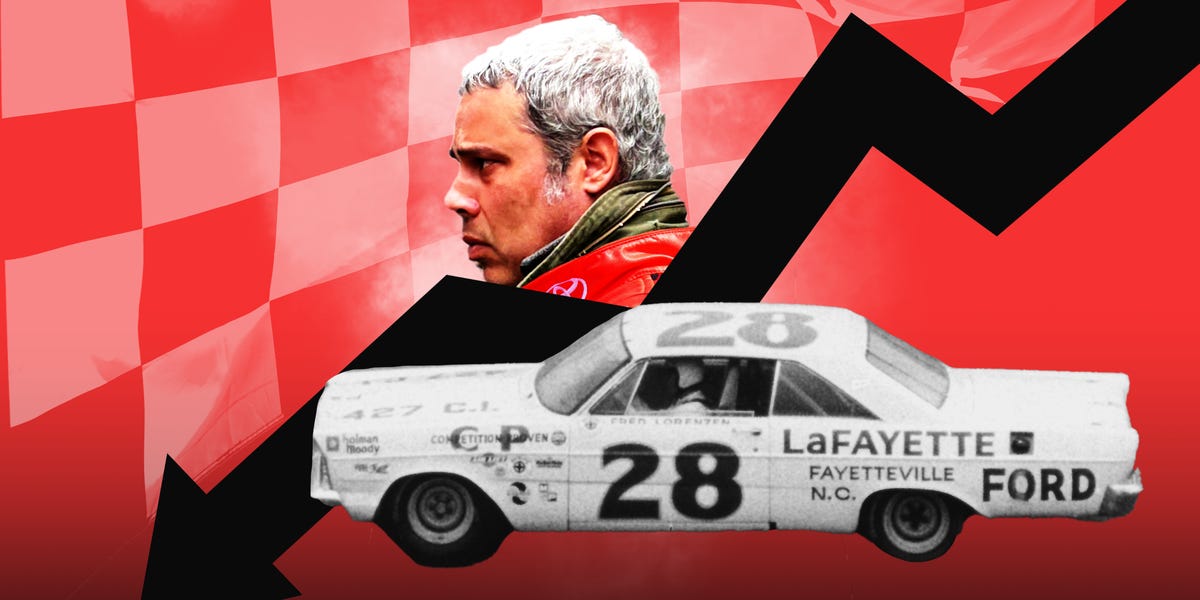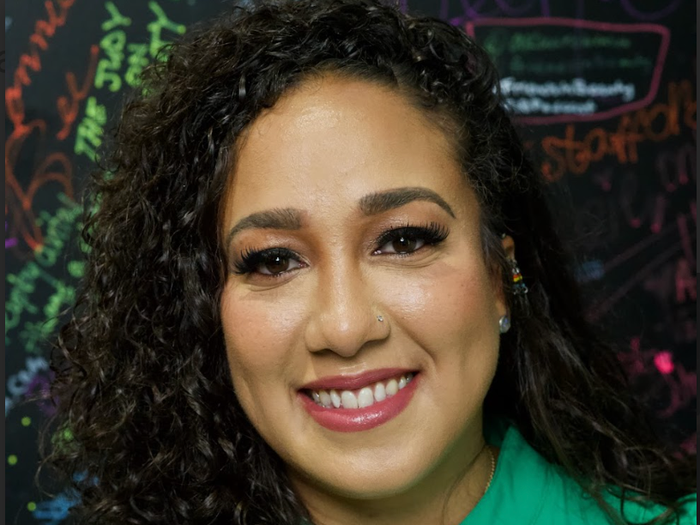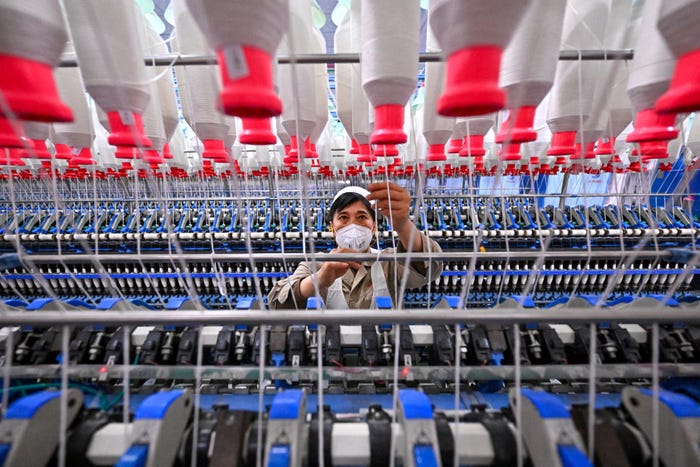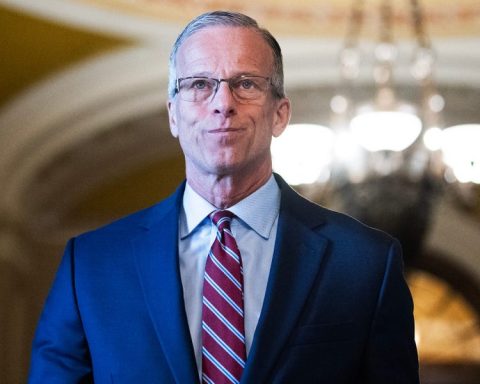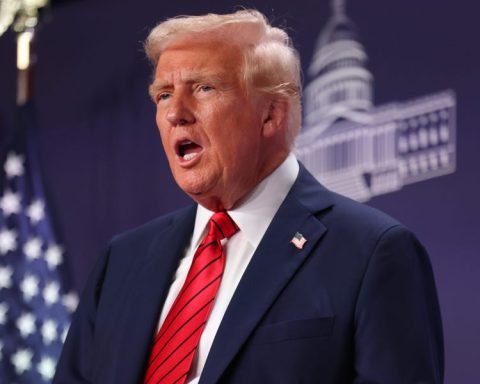A federal judge in Manhattan is set to begin a high-profile fraud trial that intertwines the worlds of NASCAR, a former hedge fund manager, and a tech stock backed by Nvidia that unexpectedly thrived. Jury selection is set for Monday in the case against Andrew Franzone, a 48-year-old racing enthusiast and car collector, who is up against charges of securities and wire fraud. Prosecutors allege that Franzone deceived over 100 investors—comprising drivers and racing fans—into pouring approximately $40 million into his Miami-based hedge fund.
Key to the prosecution’s case is the involvement of NASCAR. Authorities claim Franzone exploited his connections within the NASCAR community to find victims and splurge his funds at racetracks and vintage car exhibitions. According to prosecutors, “Franzone committed his crime by leveraging the networks and relationships in the NASCAR arena,” spanning from the U.S. to the U.K.
Among his alleged victims is racing legend Mike “The Gunslinger” Skinner, a 1995 NASCAR Truck Series champion. Prosecutors assert that Franzone used the hedge fund’s resources to indulge in a luxurious lifestyle centered around racing. In 2015, he allegedly misappropriated $565,000 from the fund to buy an airplane hangar near Daytona Beach, which became a home for his cherished collection of vintage race cars, including Skinner’s championship Chevy truck and the Ford Galaxie that won the 1965 Daytona 500, as detailed in a 2016 Wall Street Journal article. Reflecting on his passion, Franzone remembered hearing “an old 1960s big block stock car” for the first time in his youth as “the coolest sound I’d ever heard.”
This hangar also served as the base for Franzone’s racing team, ATF & Gunslinger, which boasted celebrity drivers including five-time pro-wrestling champion Bill Goldberg. The team found success in both the U.S. and U.K., securing sponsorship from Hard Rock International in 2017. However, by 2019, doubts arose among investors who began to question Franzone’s alleged misrepresentations about his fund’s performance and liquidity, leading to what prosecutors described as the collapse of his “house of cards.”
In a dramatic turn, Franzone, who has relied on public transit to attend his court hearings, has unsuccessfully sought to exclude references to NASCAR or racing from the trial. At a prior hearing on April 7, his defense attorney, Joseph R. Corozzo, contended that mentioning his client’s expenditures on racing would be “unduly prejudicial,” suggesting it would lead jurors to unfairly judge him based on his hobbies. However, US District Judge Vernon Broderick ruled that evidence regarding Franzone’s lifestyle and spending could provide insight into his motives related to the fraud allegations.
Franzone’s fixation with the NASCAR lifestyle reportedly persisted even after his fund declared bankruptcy in 2019. He is accused of covertly accepting a $200,000 investment from a close racing friend, promptly spending $50,000 on luxury cars and diverting another $15,000 to a romantic partner involved in the luxury pet gift basket business. Between 2017 and 2019, he allegedly wired the former girlfriend a total of $289,000 from fund assets. His downward spiral culminated in an arrest in 2021 at a beachfront hotel in Fort Lauderdale, where he had been residing for a year, with his mother settling his outstanding hotel bill using his father’s credit card.
Following his arrest, the hedge fund, which had been struggling amid numerous legal and regulatory challenges, was liquidated by the bankruptcy trustee without Franzone’s input.
In an interesting turn of events, one of Franzone’s investments experienced a resurgence. The reasons behind the bankruptcy of his “FF Fund” in 2019 are contested, with prosecutors arguing it stemmed from Franzone’s inability to repay investors due to risky investments, while the defense claims it was an attempt to protect the remaining viable assets from a disgruntled former investor. A year ago, a bankruptcy trustee sold an investment in CoreWeave, a cloud computing firm supported by Nvidia, which had been acquired for $250,000. This sale netted over $55 million, suggesting investors might recoup their losses.
Franzone’s attorneys maintain that all investors were warned of potential risks and that those who remained invested—including Franzone and his family—profited from the CoreWeave investment. Prosecutors countered, asserting that it does not matter if the investments later succeeded, stating, “Whether those investors ultimately recouped their losses years later… does not change the fact that Franzone lied to them, deceived them, and misused their funds.”
The judge ruled that Franzone cannot argue in court that the success of CoreWeave indicates he never intended to commit fraud. The trial, anticipated to last three weeks, places Franzone facing a potential 20-year prison sentence if convicted. Neither Franzone’s legal team nor a spokesperson for the U.S. Attorney’s Office responded to comments sought on Friday afternoon.
